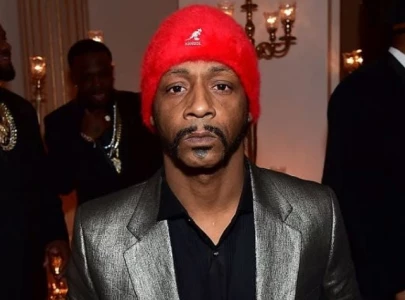
You see, they study a crucial, nerve racking five-year course and earn a doctorate of pharmacy, yet they are not recognised as one on professional platforms.
Pharm D is a five-year graduation programme imposed by the Pharmacy Council of Pakistan in 2004.
People then go on to debate about the differences between bachelor’s and doctoral degrees in pharmacy. The doctorate part gives you additional clinical exposure and two years of ward rounds in the final years of graduation. While this transition in the curriculum was aimed to keep pace with the title of the degree in advanced countries, we still fail to provide pharmacists a status equal to other healthcare professionals in our country.
A rising chorus in the pharmacy community has been calling to gain a healthcare provider status for their profession, but the government of Pakistan denies identifying this issue in their list of top priority concerns.
When an annual celebrity awards ceremony commences, not only the directors and producers come forward, but backstage make-up artists are also acknowledged.
Likewise, pharmacists are an integral part in the team of healthcare providers. They improve the medication outcomes, address and identify medication errors and any possibilities of adverse drug reactions.
In a country where instances of people dying from taking the wrong medicines are common, pharmacists should be given their due credit, so they can help prevent this from happening. They will be more motivated, because currently, they are given the same status as, say, chemists.
It is sad to see that in some medical facilities, people with no degree in pharmacy are allowed to assume the position of pharmacists. This is not only extremely dangerous for patients but also unfair, because Pakistan is producing some great pharmacy graduates who are jobless. Where we take inspiration from Western countries to improve other sectors of our country, perhaps we should take heed and treat our pharmacy practitioners the way they treat theirs.
Moreover, pharmacists have the potential to ensure that patients have easy access to medication and medical expertise at all times, instead of waiting for physicians at hospitals to provide their undivided attention and discuss their medication charts. The Higher Education Commission of Pakistan needs to improve health plans at both state and private levels by making effort to strengthen the roots of pharmacy and health sciences.
Being custodian of the pharmacy professionals, a great responsibility lies on the shoulders of the Pharmacy Council of Pakistan to uplift and take measures to reform and align pharmacy education and practices to be on a par with the rest of the healthcare world. Overworked and underpaid, Pakistan treats its pharmacists as step-children. The healthcare provider status shall bring a zing along with greater compensation and respect to pharmacy practitioners.
Published in The Express Tribune, September 14th, 2013.
Like Opinion & Editorial on Facebook, follow @ETOpEd on Twitter to receive all updates on all our daily pieces.
COMMENTS (6)
Comments are moderated and generally will be posted if they are on-topic and not abusive.
For more information, please see our Comments FAQ




1730464033-0/BeFunky-collage-(12)1730464033-0-165x106.webp)







I am writing a research paper on Requirement of Continuing Professional Development for Pharmacists in Pakistan, this article and the comments related to it were really helpful. .
@ModiFied: @Observer: Pharmacist is a professional that checks all the mistakes done by other healthcare providers and adjusts dose as required.It is not directly going to prescribe and practice as doctor but acts as a mentor and facilitator to doctors and patients.the Pharm D Degree is misleading to many pharmacists.
It seems Pakistan is still in the stone age as regards the profession of pharmacy compared to the world.We are still debating the profession that is the art and science of making Drugs.At least people must recognize its importance in the developed world.All prescription of the doctors are verified by the pharmacist in a hospital for accuracy of dosage as well drug drug and drug food interaction with other incompatibility.It is the duty of Ministry of Health to make a certification exam for qualified pharmacists and let them practice in the relevant fields and get rid of the illiterate shop keepers and professional quakes who are mishandling the drugs.
If you are asking to be treated like an MD doctor who has gone through a full medical curriculum and training, your demand is misplaced. In the US registered nurses (RN) go through more clinical training than what you mention. Does it mean they are to be "treated" as doctors with an MD?
I assume you work in a pharmacy filling medicines. How deep a scientific, medical and clinical training that job really requires?
I would have conquered with you if you have a Ph.D. pharmacy and are engaged serious clinical studies and development of new drugs. But, it seems you are not.
No disrespect or meanness meant to you.